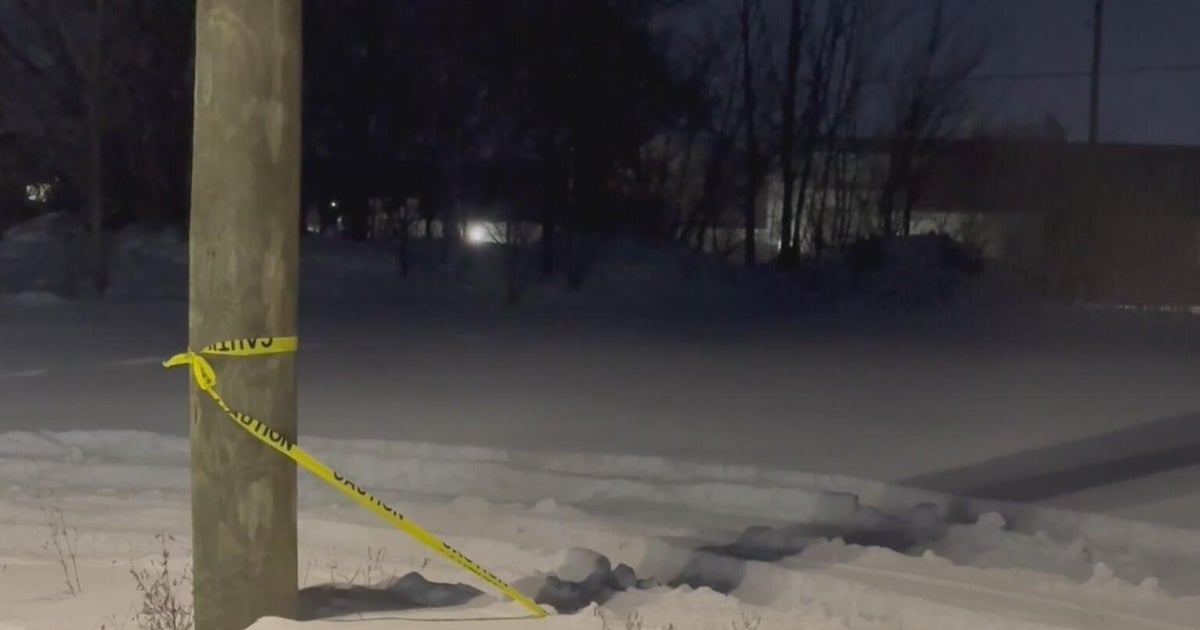U.S. investigates suspected energy attack near White House
Law enforcement agencies are investigating two possible directed energy attacks on government employees on U.S. soil.
One of the suspected energy attacks occurred on the south side of the White House in November, and is believed to have sickened a White House aide. That incident followed a similar one in 2019 in a Virginia suburb which reportedly injured an aide walking her dog.
The alleged victims' conditions are not known, but the White House confirmed that President Biden has been briefed on one of the incidents. Senators are demanding answers on the mystery attacks.
"There are personnel who have been harmed. We need to make sure they get the care and benefits they need," New Hampshire Senator Jeanne Shaheen said.
Director of National Intelligence Avril Haines said leaders are focused on the "critically important" issue.
But officials say it's too early to tell what happened. In the past, the National Security Agency has described an energy attack as a "high-powered microwave system weapon" that can "bathe a target's living quarters in microwaves" and "kill an enemy over time and without leaving evidence."
Energy attacks were suspected in Cuba and China in the past few years as U.S. personnel reported symptoms of ear popping, pounding headaches and nausea. The symptoms have been referred to as the "Havana Syndrome."
Sources tell CBS News there have been energy-directed attacks on U.S. personnel on multiple continents. While Russia is considered a main suspect, U.S. officials are currently skeptical that Moscow would have carried out an attack just steps from the White House.
Catherine Werner, who worked for the Department of Commerce in China, told "60 Minutes" about her experience.
"I woke up in the middle of the night," Werner said. "I could feel this sound in my head. It was intense pressure on both of my temples. At the same time, I heard this low humming sound, and it was oscillating. And I remember looking around for where this sound was coming from, because it was painful."
Olivia Gazis contributed to this report.



